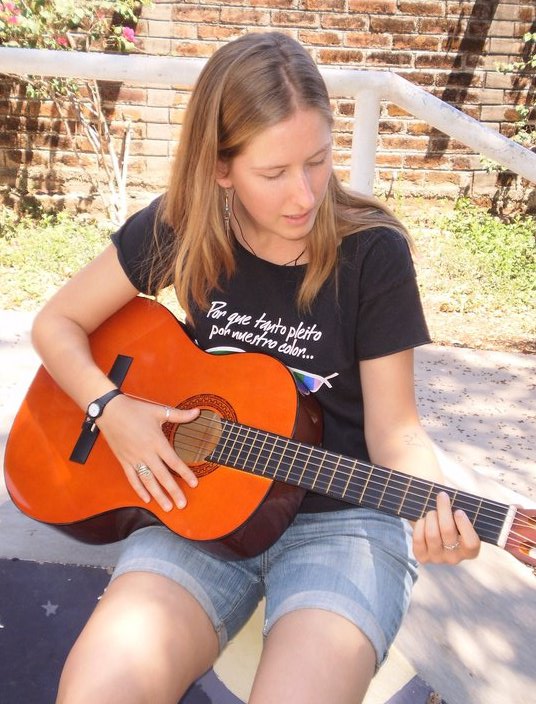Last week (on Wednesday the 15th - though actually beginning Tuesday night) Suchitoto blossomed into celebration of the 189th anniversary of Central American independence from Spain. Granted, that independence lasted a very short time, because Mexico (itself celebrating its own 11th anniversary Sept 15, 1821) annexed the region for a few years. But I digress. What we now know as Guatemala, El Salvador, Honduras, Nicaragua, and Costa Rica went from being colonies of Spain to politically independent states (though not in anything like the current map makeup).
Like most other independences of the colonial era (I use the phrase as though that era had ended!), it was much more a transfer of power from far-away wealth to in-house wealth. I have heard arguments that things actually got worse in some cases for the poor and for indigenous communities after independence. Again with the digressing.
After a GRAND pair of parades (a night parade and a morning one, which bookended a long, bumping dance in front of the mayor's office), I sat down with Margaret Jane and Christy for a few minutes at one of the restaurant patios on the plaza. Margaret Jane was telling us about her first several years in El Salvador, in the mid-80s, working in a displaced community camp in the mountains above the capital.
One of the reasons they set up camps in the hills was that in the capital, people were living in buildings and not able to go out. Hundreds in the basements of single churches - sharing single toilets and sinks, having babies, dying. There were also several hundred living on the grounds of the seminary. They just needed to be in a different place - a place with at least a bit more privacy and air.
This got me thinking, though. If refugee/internally displaced camps were located on the grounds of seminaries, what might that do for the Church's willingness to make bold and prophetic witness against all forms of violence that rob people of their homes and communities?
Sunday, September 19, 2010
Subscribe to:
Post Comments (Atom)

2 comments:
That would be the church being radical -- as radical as the early church was.
I completely lost the thread of the conversation for a bit, envisioning the grounds at Luther filled with black plastic dwellings. It would be a two-fold radicality - the hospitality of actually hosting, plus the inevitable longer-term solidarity that flows out of such sharing of lives.
I think it should be looked into. :)
Post a Comment